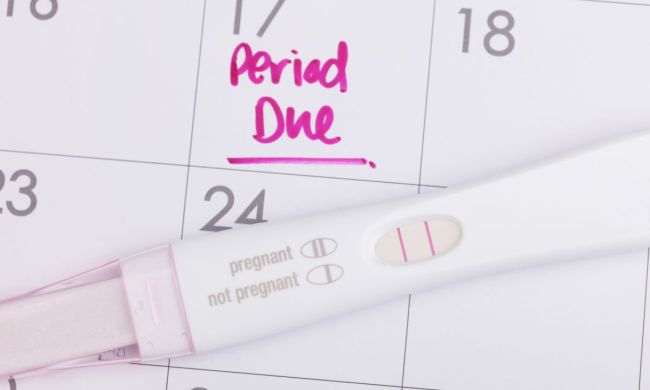Pregnancy is an amazing process that’s full of wonder. Once you get past the initial excitement of finding out that you’re expecting, you wait for those first fluttery kicks. Then you get to see your baby for the first time via ultrasound.
In the meantime, however, the first trimester has its own set of signs that might leave you perplexed. Finding out more about the first trimester symptoms and what to avoid during this early phase of pregnancy might help to clarify your questions.

Common first trimester symptoms
As you start out on your pregnancy journey, you’ll notice changes right away — both physical and emotional. For example, you might experience morning sickness which ranges from minor nausea in the early hours of the day to constant vomiting. Some women also complain of a constant queasiness during random times of the day while others do not suffer from morning sickness at all. Ironically, your best option for avoiding morning sickness is to refrain from going on an empty stomach all day and to eat much smaller meals about six times a day.
Another common symptom is fatigue which, oddly enough, doesn’t correlate to your sleep patterns but rather hormone changes. During the first trimester, your body produces more progesterone which causes you to feel more tired for no apparent reason. Fortunately, you can offset the pregnancy fatigue by maintaining a well-balanced diet and getting some light exercise like walking.
Other common first trimester symptoms include:
- Cravings
- Aversions to certain flavors or odors
- Tenderness in your breasts
- Changes in your complexion or “pregnancy glow”
All these symptoms can be attributed to rapid hormone changes taking place. However, these alterations serve the purpose of paving the way for the baby’s development and birth.
Unexpected early pregnancy symptoms
At the same time, some first trimester symptoms arrive unexpectedly. You might not expect these physical changes to relate directly to pregnancy, yet they do.
For example, the feeling of dizziness and being lightheaded is caused by alterations in your blood circulation. Due to the effort your body exerts puts forth to protect and nourish the developing child, more blood is produced and therefore, circulated around the body at a rapid pace. As a result, you might feel dizzy at times. Another contributing factor involves the morning sickness because of impending dehydration or lack of food.
Other early pregnancy symptoms that might occur at this time include:
- Prominent veins due to the increased circulation
- Sharp cramping caused by implantation of the embryo
- A milky discharge brought about by rapid vaginal cell development
- Mood fluctuations caused by hormonal changes
Additionally, you might notice some deep brown spotting. However, you shouldn’t be alarmed because this is caused by implantation as well.

What should I avoid during my first trimester?
If you think you might be pregnant, or you have been trying to conceive, you should avoid the following as a precaution:
- Alcohol
- Tobacco and nicotine products
- Undercooked or raw meat
- Processed deli products
- Unpasteurized beverages
- Excessive amounts of caffeine
Also, you may have heard the old saying about “eating for two”. However, according to JoLyn Seitz, MD of Sandford Health, a baby has an increased risk of obesity in later years if the mother gains too much weight while pregnant. She also recommends saving the extra calories for the second and third trimesters.
Plus, pregnancy gets you out of one household chore: cleaning the litter box. The cat’s box often contains parasites which can be harmful to both mom and baby. Therefore, your safest bet is to ask your partner or a friend to take on this chore.
In addition to these precautions, you’ll also need to stay away from saunas and jacuzzi tubs. During the first trimester, you risk a miscarriage due to overheating and dehydration. Once you become pregnant, your body can’t dispel heat as efficiently. Also, the high body temperature may have detrimental effects on the baby’s well-being, especially during the first three months.
Now that you have become more aware of the first trimester symptoms and have a deeper knowledge of what to avoid during this time, you might not be as surprised by the changes your body is experiencing. Pregnancy carries its own special memories and milestones. The first trimester is just the start of a life-changing, exciting journey.



